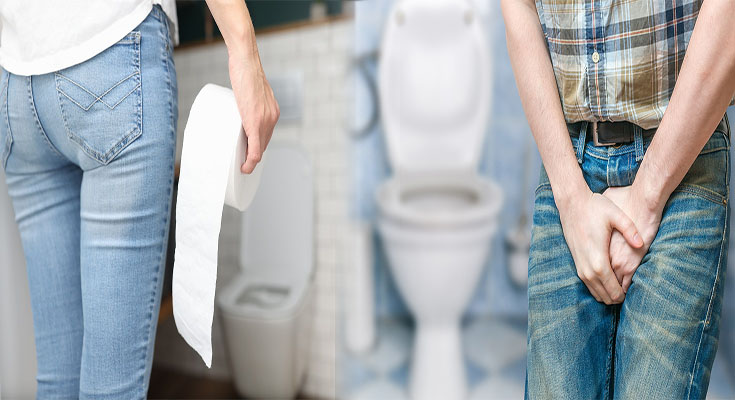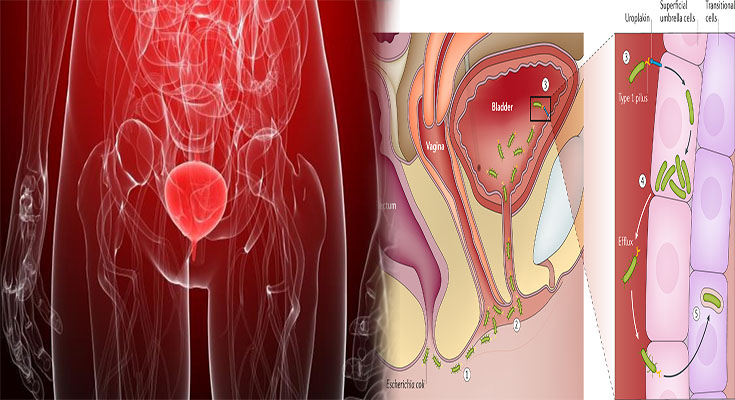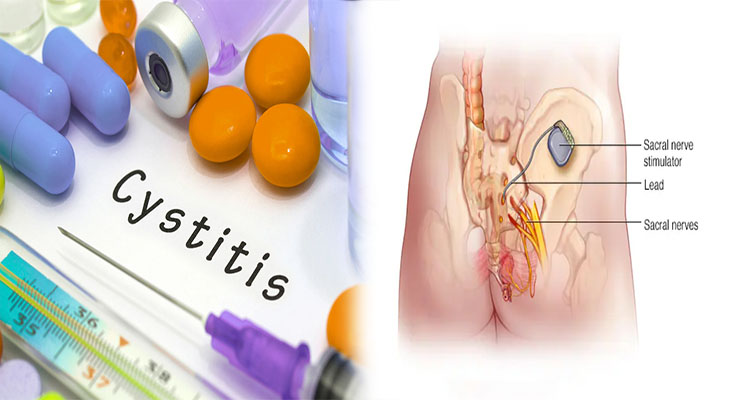
Tips for managing urinary urgency in public restrooms
Urinary urgency is one of the most common symptoms of a UTI. It can be an embarrassing and stressful experience, especially when you’re out in public and have to deal with urgent bathroom needs. But don’t let urinary urgency stop you from going out! With these tips for managing urinary urgency in public restrooms, you’ll be able to keep your lifestyle active while also treating your UTIs.
Don’t avoid using public restrooms.
Urinary urgency is a common problem for people with bladder weakness. The key to managing urinary urgency in public restrooms is knowing what to do when you need to use one. If you avoid using public restrooms, you will be more likely to have an accident.
It’s important not just for your health but also out of respect for others who may be waiting in line behind you or standing next to the sink while they wash their …
Tips for managing urinary urgency in public restrooms Read More



